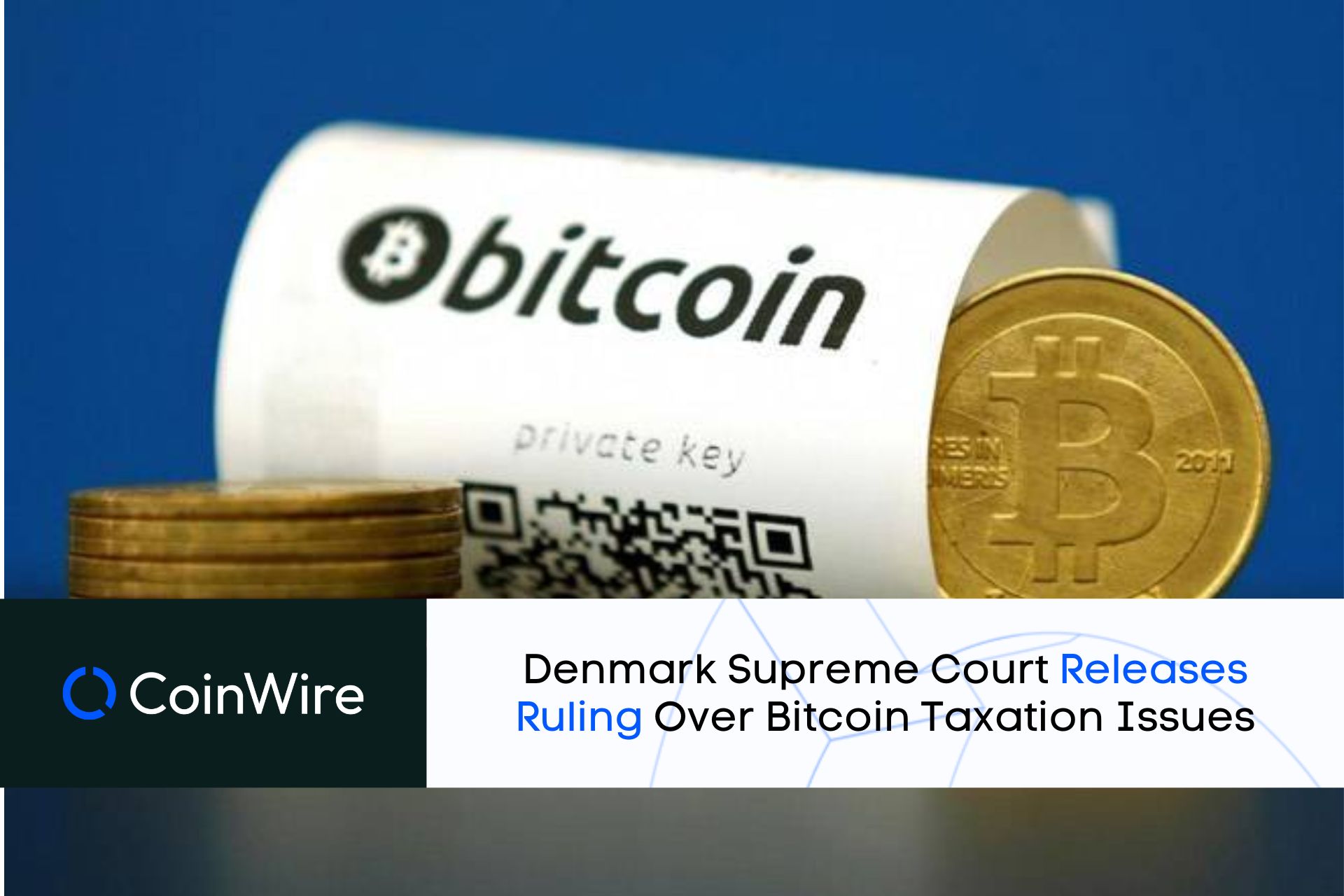The Supreme Court of Denmark has formally released two judgments that aim to establish that Bitcoin sales proceeds are subject to taxation. The aforementioned decision may serve as a guide for future taxation of Bitcoin and other digital asset profits in the nation.
Bitcoin Taxation Issues in Denmark
The presumed inappropriate taxation on income from various Bitcoin-related activities has been the subject of two legal proceedings before the Danish Ministry of Taxes. The aforementioned situations are comparable but slightly dissimilar in character.
Where, in the first case, the plaintiff acquired the coin between the years 2011 and 2015. He was able to acquire the said cryptocurrency through six purchases as well as by receiving donations received from third parties. Between 2017 and 2018, the said plaintiff successfully sold the said Bitcoins at a profit.
On the other hand, the second case includes a plaintiff who acquired Bitcoins between the years of 2011 and 2013. The said plaintiff was able to acquire the said cryptocurrency through Bitcoin mining activities. By the year 2018, the plaintiff sold the coin for a profit.
It was noticed that the coin was priced roughly between $0.48 and $217 when it was purchased by the holders between 2011 and 2015. When it was sold back in 2017, it had purportedly increased to anywhere from $970 to $14,156 at the pinnacle of the market that year, representing a potentially sizable profit.
Issues and Ruling of the Cases
The major question in the aforementioned cases is whether or not the profits are taxable. The Supreme Court ruled that they were both taxable, although for significantly different reasons.
In the first case, it was found that “the acquisition of bitcoins must be considered to have been made for speculative purposes,” making it tax-free under Section 5(1)(a) of the State Tax Act. In contrast, the court determined in the second case that bitcoin obtained as a gift or through mining constituted revenue of “non-business” operations, prompting tax responsibility under Section 4(a) of the State Tax Act.
This approach of invoking numerous tax rules to cover various profitable bitcoin-related operations indicates that lawmakers and judges in Denmark are preparing to seize control of digital assets. This lawsuit also demonstrates that, despite their novel mode of operation and the claims of some of those who benefit from them, they do not necessitate entirely new rules or laws to control.


![The Complete Guide to Add Bitcoin to MetaMask Wallet ([currentyear]) 11 Add Bitcoin To Metamask Featured Image](https://coinwire.com/wp-content/uploads/2023/05/add-bitcoin-to-metamask-1024x683.jpg)
![Buy Bitcoin with Apple Pay No Verification in [currentyear] 12 Buy Bitcoin With Apple Pay No Verification](https://coinwire.com/wp-content/uploads/2024/01/buy-bitcoin-with-apple-pay-no-verification-1024x683.jpg)


